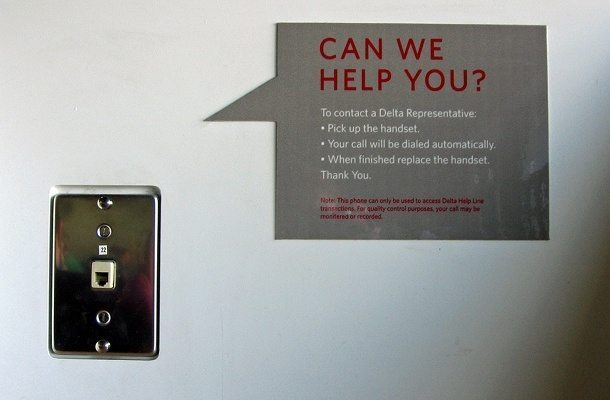
Managing expectations is a vital part of event production. If people don't know what to expect, or are expecting more than you intend to provide, you could be setting yourself an impossible challenge trying to impress them.
Participants often come with fixed expectations of the standard of service they expect from an event, but generally they still don't know quite what to expect from the newer social media dimension of many events. This can lead to confusion and frustration, or even negative coverage of your event online.
You don't need a complicated social media policy full of legalese to mitigate against this risk. You just need one web page or blog post, written in straightforward language, explaining what you're doing, how participants can engage, and how they can get help if they need it.
Here are a few questions you should answer for your participants to help them take full advantage of social media at your event with confidence:
What Online Channels Are Available?
List the event-branded channels that you've set up and explain which channels you're monitoring or moderating so people know what to expect in each environment. Make this clear in an appropriate prominent place within each channel itself, such as your Twitter account bio line, or as a “Manager's Choice” discussion within LinkedIn.
How Do I Get Help?
Unless you have unlimited resources, you're not going to be able to monitor everything throughout the heat of the event. Pick two routes you would prefer people to use if they have a question or an issue they want to raise and promote these as the best ways to get help. Make sure that one of them doesn't require a user account, if possible.
Note: It's really important to make clear what kind of help you'll be able to offer — again, so people know what to expect.
Are My Comments Being Stored Somewhere?
If you're archiving tweets, shared pictures, discussions or any other audience-generated content, or if you're planning to represent this type of content in summary form (using a tool like Storify), then you should say so and provide a link as a matter of courtesy.
How Do I Get Something Removed?
Not everyone is happy to have their picture up on the Internet. If you're sharing pictures or video from your event online, make sure it's clear who should be contacted in the event that a participant wants their own image removed.
How Long Will Everything Last?
Using online tools and social media means that people can engage with your event long after it has finished, but you might need to move on to the next thing. Making sure everyone knows how long they can expect the different channels to remain active helps to avoid any frustration or unanswered questions.
If you're running a blog for your event, make it clear when this will be closed to new content and how long you intend to host the blog after the event. If you're using an event Twitter account, change the account bio information and make sure the last tweet explains who to contact if you don't intend to monitor the account after the event.
Keep It Simple
The trick when preparing this web page is to keep it really simple, and link to it so it is really easy to find. After all, most participants just want to get stuck in using the social media channel that suits them best, so if you're upfront about what's available to them they'll know what to expect and get on with enjoying the online dimension of your event.

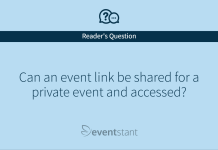
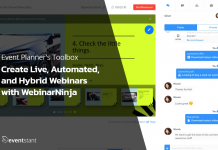
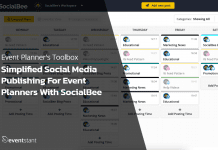
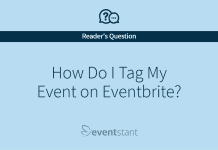




![How Important Are Face to Face Meetings [INFOGRAPHIC]](https://eventstant.com/wp-content/uploads/faceToface_v11-sm-218x150.jpg)









